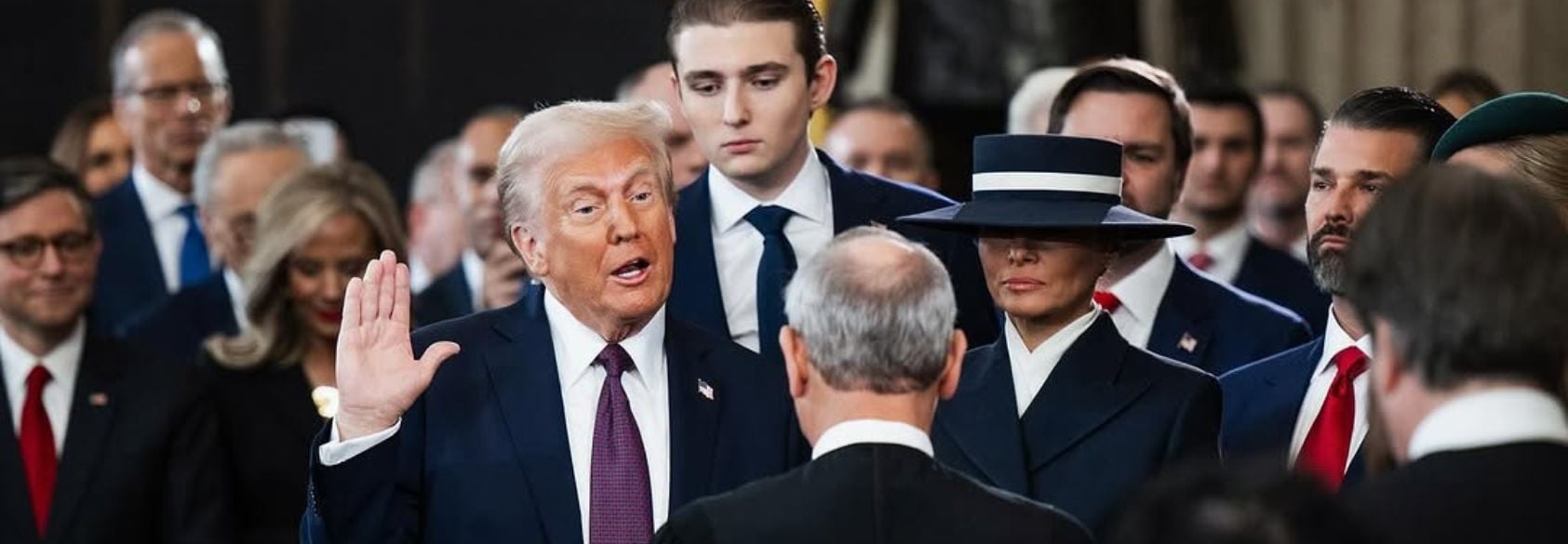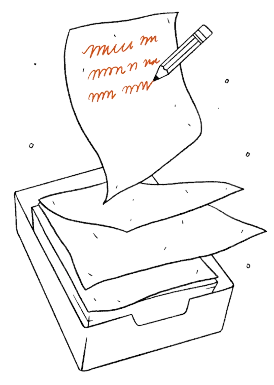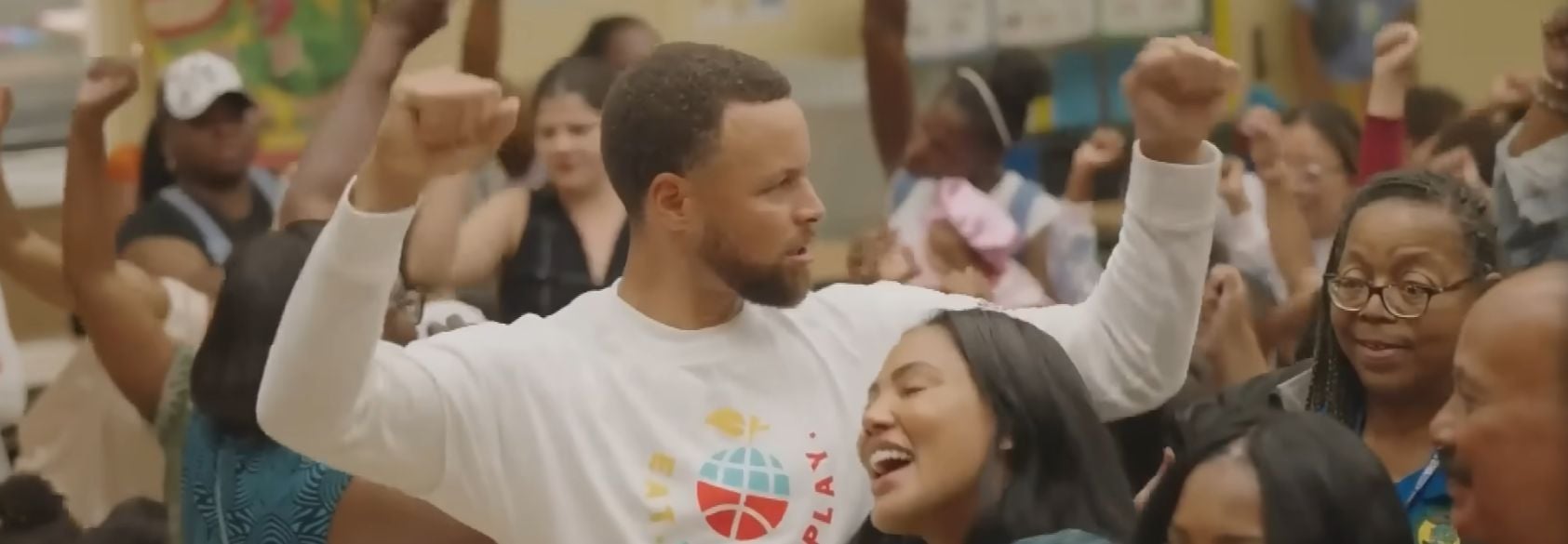In a rare public clash, Chief Justice John Roberts pushed back against President Trump’s call to impeach a judge who ruled against him in a deportation case. Trump was frustrated that a judge blocked his plan to deport individuals to El Salvador, but Roberts responded by saying judges shouldn’t be impeached for their rulings—appeals exist for that reason.
This situation is unusual and important because the executive and judicial branches are openly at odds, raising questions about the separation of powers. Roberts, who was nominated to the U.S. Supreme Court by President George W. Bush in 2005 and is considered a conservative moderate, has historically defended judicial independence. His public response highlights how even conservative-leaning judges push back against executive overreach when they believe it threatens the integrity of the courts.
Watch the video below with students, then proceed to the questions and activities.












